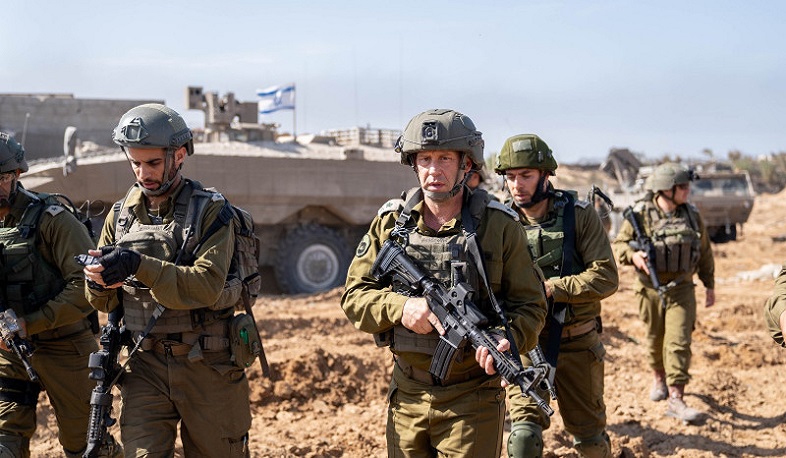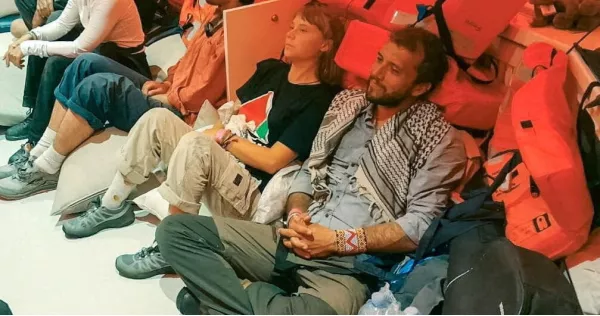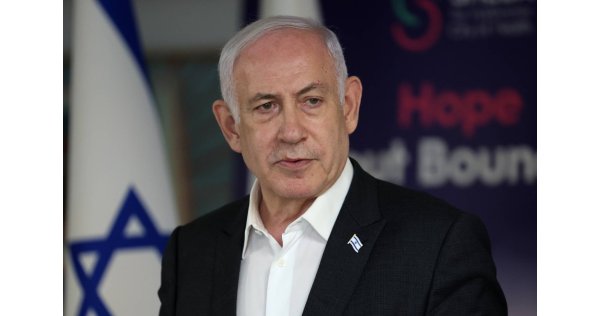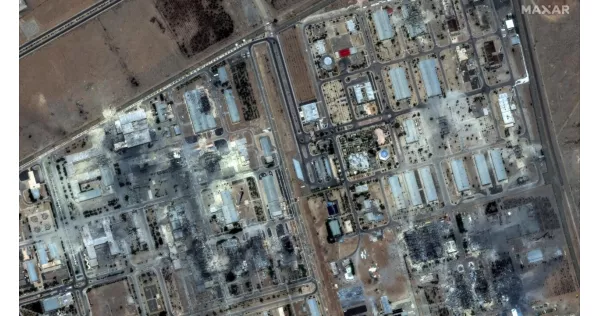Israeli Military Withdraws Ground Forces from Khan Younis in Southern Gaza
The Israeli military has announced the withdrawal of its ground forces from Khan Younis, a city in southern Gaza, after months of intense fighting that left much of the area in ruins. The Israel Defense Forces (IDF) stated on Sunday that its 98th division had completed its mission in Khan Younis and would now focus on recuperating and preparing for future operations.
However, it's important to note that while the 98th division is withdrawing, a significant force led by the 162nd division and the Nahal brigade will continue to operate in the Gaza Strip, ensuring the IDF's freedom of action and its ability to conduct precise intelligence-based operations.
Background and Impact of the Withdrawal
At the beginning of the conflict, the Israeli military designated Khan Younis as a safer zone and instructed residents from northern Gaza to seek shelter there. However, the IDF later shifted its offensive towards the city, causing residents to flee once again. Reports indicate that a large number of tanks have been pulled out of Khan Younis overnight and are now stationed at the border of Gaza and Israel.
Precise figures regarding the number of Israeli troops that have withdrawn from Gaza are not publicly available. Nonetheless, the 98th division, which was specifically strengthened to combat Hamas in Khan Younis, was the military's largest division as of January.
The withdrawal comes amidst international calls for a pause in the fighting and pressure on Israeli Prime Minister Benjamin Netanyahu to allow more aid into Gaza, where a humanitarian crisis has affected the Palestinian population. However, Netanyahu is also facing pressure from the right-wing of his coalition to continue with the broader offensive.
IDF's Perspective and Future Plans
According to IDF Lt. Gen. Herzi Halevi, the military's operations in the Gaza Strip are far from over following the withdrawal. The IDF aims to ensure that no active Hamas brigades remain in any part of Gaza, dismantle Hamas throughout the region, and achieve goals such as the return of all hostages and the return of displaced residents to the north.
Halevi stated that the military wing of Hamas has been significantly deterred, with most of its battalions dismantled and losing capabilities. The IDF believes that it is now operating as small terrorist cells. He emphasized that the IDF still has many troops in the Gaza Strip, and while the extent of troop deployment may change, there are ongoing plans and many achievements yet to come on the path to victory.
Uncertainty Surrounding Rafah and Israeli Plans
It remains unclear how the withdrawal from Khan Younis will impact Israel's plans to invade Rafah, the southernmost part of Gaza, which has become a shelter for hundreds of thousands of Palestinians. Israel views an incursion into Rafah as essential to eliminating Hamas from Gaza. Israeli Defense Minister Yoav Gallant mentioned that the troops leaving Gaza are preparing for follow-up missions, including activities in the Rafah region.
Gallant stated that the situation is progressing towards a point where Hamas no longer controls the Gaza Strip and does not pose a military threat to Israel's citizens. He noted that Israeli forces in Khan Younis successfully destroyed enemy targets, weapons, underground infrastructure, headquarters, and communication rooms.
International Perspectives and US Involvement
White House National Security Communications Adviser John Kirby, speaking to ABC's "The Week," suggested that the withdrawal is more likely a "rest and refit" for the Israeli forces, who have been on the ground for four months and now require time to recuperate. The United States, as Israel's major ally, has been urging the country to do more to protect civilians and allow aid into Gaza. President Joe Biden recently called Netanyahu to take steps to address the crisis or face consequences.
Background on the Conflict in Khan Younis
The conflict in Khan Younis intensified after a massive air raid operation was launched by the Israeli military on December 1. The IDF dropped leaflets into the city, urging residents to evacuate immediately. Since then, Khan Younis has been the site of intense fighting, resulting in the devastation of the area. Buildings have been completely destroyed or left beyond repair.
The IDF considers Khan Younis a Hamas stronghold and believes that the tunnel network underneath civilian buildings in the city was likely used by Hamas for planning attacks. However, Hamas has denied hiding in hospitals and other civilian structures, and these claims cannot be independently verified by CNN or other sources.
Conclusion
The withdrawal of Israeli ground forces from Khan Younis marks a significant development in the ongoing conflict in Gaza. While the 98th division is leaving to recuperate and prepare for future operations, the IDF emphasizes that the military's operations in the Gaza Strip are far from over. The situation remains uncertain regarding Israel's plans for Rafah and the broader goals of eliminating Hamas from Gaza. International pressure, including from the United States, continues to play a role in shaping the dynamics of the conflict.




